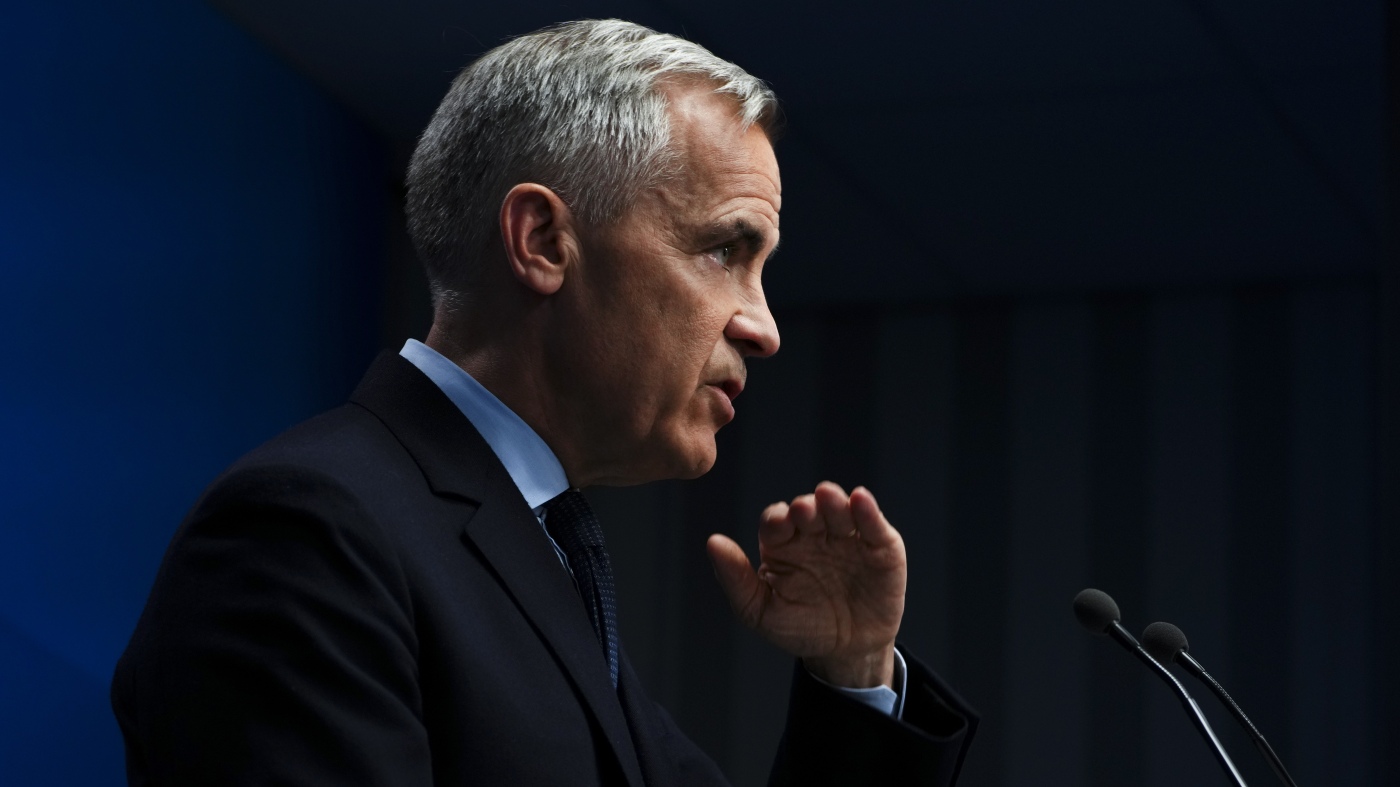The recent resumption of trade negotiations between Canada and the United States marks a pivotal moment in the delicate economic relationship between the two countries. This development came shortly after Canada decided to rescind its planned digital services tax (DST) on U.S. technology firms, a move that had previously provoked strong objections from the U.S. administration. The back-and-forth over this tax and its eventual withdrawal highlights underlying tensions and strategic calculations in North American trade dynamics.
Background of the Digital Services Tax and Its Controversy
Canada’s digital services tax was designed as a levy specifically targeting large technology companies that earn significant revenue from Canadian internet users. Such taxes have become part of a broader global conversation on how to tax digital giants fairly amid growing concerns about corporate tax avoidance and changing business models that are less tied to physical presence.
The Canadian DST was planned to apply retroactively from 2022 and would affect companies making more than $15 million from Canadian digital services. The tax mirrored similar measures enacted or proposed in other countries including the UK, France, and Italy. Canadian officials portrayed the tax as part of a wider effort to modernize tax systems in the digital age.
However, the U.S., led by then-President Donald Trump, viewed this move as an unfair and “direct and blatant attack” on American tech firms such as Amazon, Apple, and Google, which are major players in the Canadian market. The U.S. administration’s strong opposition included an announcement on June 27, 2025, that it was immediately ending trade talks with Canada in reaction to the tax.
Escalation and Consequences for Bilateral Trade
The suspension of trade talks underscored how non-tariff measures like digital service taxes can quickly escalate into broader economic conflicts. The U.S. threatened retaliatory tariffs on Canadian goods, signaling potential disruption not just for technology firms but for various sectors of the Canadian economy heavily reliant on U.S. trade.
The dispute also complicated efforts to negotiate a renewed economic and security agreement, with Canada’s Finance Minister Francois-Philippe Champagne pointing out that resolving the tax issue was critical to making “vital progress” in talks.
Canada’s Strategic Withdrawal of the Digital Services Tax
Under considerable pressure and in an effort to revive stalled negotiations, Canada officially rescinded its digital services tax shortly before it was due to take effect, as announced by Prime Minister Mark Carney. The timing suggested a deliberate gesture aimed at rapprochement, acknowledging the broader stakes involved in U.S.-Canada trade relations.
Carney expressed optimism that this move would enable both sides to get back on track to meet a target timeline for a deal by July 21, 2025, set during the recent G7 summit in Kananaskis. Cancelling the DST was framed as a pragmatic choice in the interest of fostering cooperation and securing a comprehensive economic partnership beneficial to Canadians.
Broader Implications for Trade and Digital Taxation Policy
The episode reveals several key lessons and implications for international trade and taxation policy:
Conclusion: A Turning Point in U.S.-Canada Economic Relations
The resumption of trade talks following Canada’s withdrawal of the digital services tax is a defining moment. It underlines how trade diplomacy is evolving to encompass emergent challenges of the digital age and the complex interplay between taxation, corporate strategy, and international politics.
Moving forward, the two countries face the task of not only concluding a comprehensive trade and security agreement by the targeted July 21 deadline but also establishing mechanisms to handle future issues around digital taxation cooperatively rather than confrontationally. This episode may serve as a valuable precedent and catalyst for improved collaboration on new economic realities, strengthening a relationship that remains crucial to North American and global economic stability.

